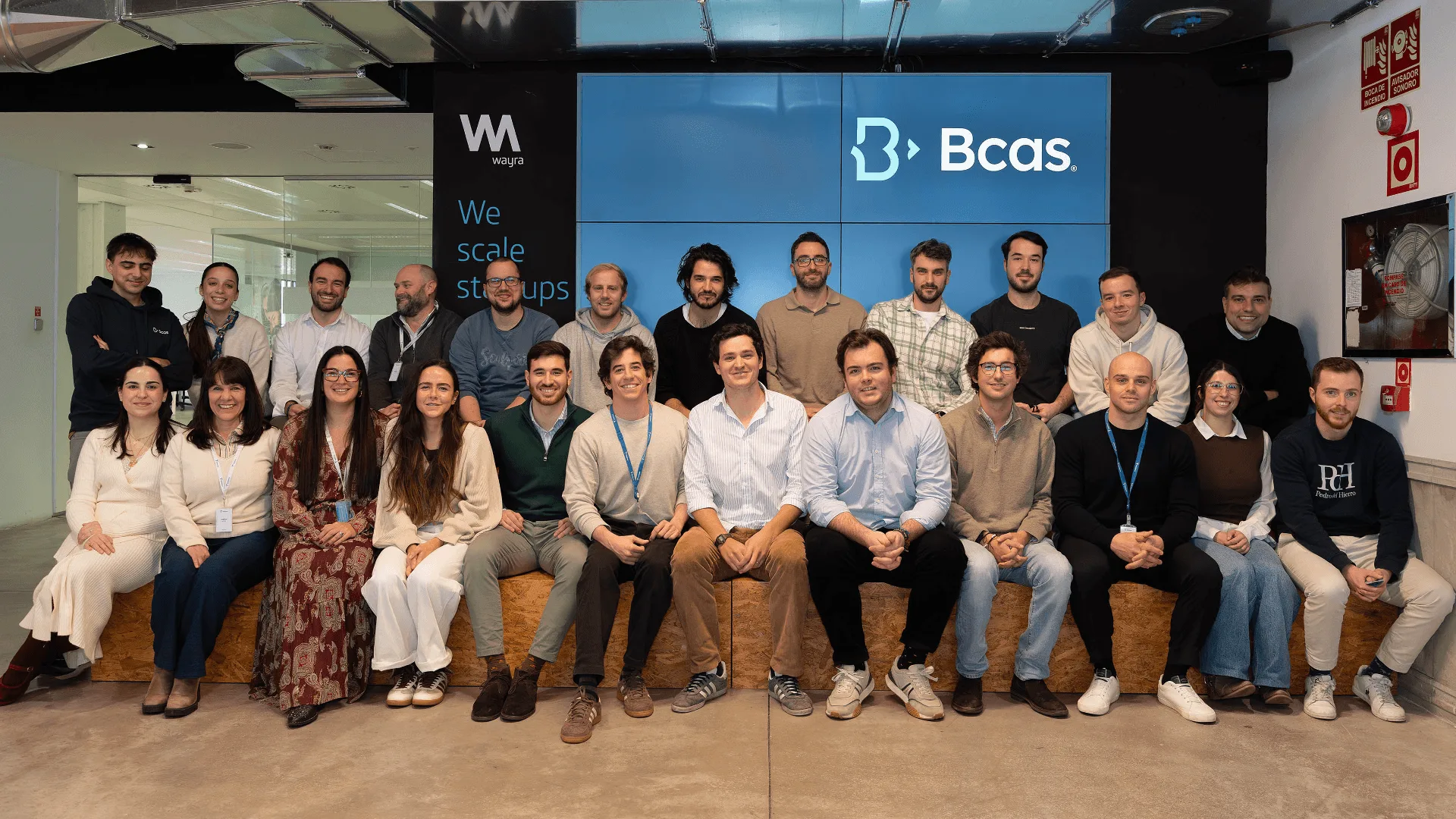Maisa, which builds a platform that uses AI to execute complex enterprise workflows with auditable, step-by-step logic, has secured €21.4 million in Seed funding to expand its footprint in Europe and North America.
- Founded in 2024 by David Villalón and Manuel Romero, Maisa develops an agentic process automation platform designed to execute complex, decision-intensive enterprise workflows that traditional RPA and standard generative AI cannot reliably handle.
- The platform turns general-purpose large language models into digital workers that operate through a proprietary Knowledge Processing Unit (KPU), which orchestrates logical, step-by-step task execution. Each action performed by a digital worker is recorded in a fully auditable “Chain of Work,” providing traceability and transparency for compliance and operational oversight.
- The system is model-agnostic and can run in Maisa’s secure cloud or be deployed on-premises, integrating with existing enterprise tools and data sources.
- Users create and train digital workers through natural language instructions, and the platform continuously updates workflows and organizational knowledge using step-specific feedback loops, allowing non-technical staff to automate complex, exception-heavy processes across industries such as banking, finance, cybersecurity, automotive, and supply chain management.
Details of the deal
- The seed round was led by Creandum, which recently closed a €500 million fund to invest in seed and early-stage startups across Europe. The firm focuses on several key sectors, including fintech, consumer, climate, health, and SaaS.
"We believe Maisa represents the next generation of enterprise AI, and we’re proud to back David, Manuel, and the team as they build real trust, scale, and intelligence into automation," General Partner at Creandum, Peter Specht, commented.
- The investment also saw support from Forgepoint Capital International via its joint venture with Banco Santander, NFX, and Village Global.
- Maisa plans to use the fresh €21.4 million funding to expand its footprint in Europe and North America, while also investing in AI R&D, engineering, sales, and customer success to meet growing enterprise demand.





